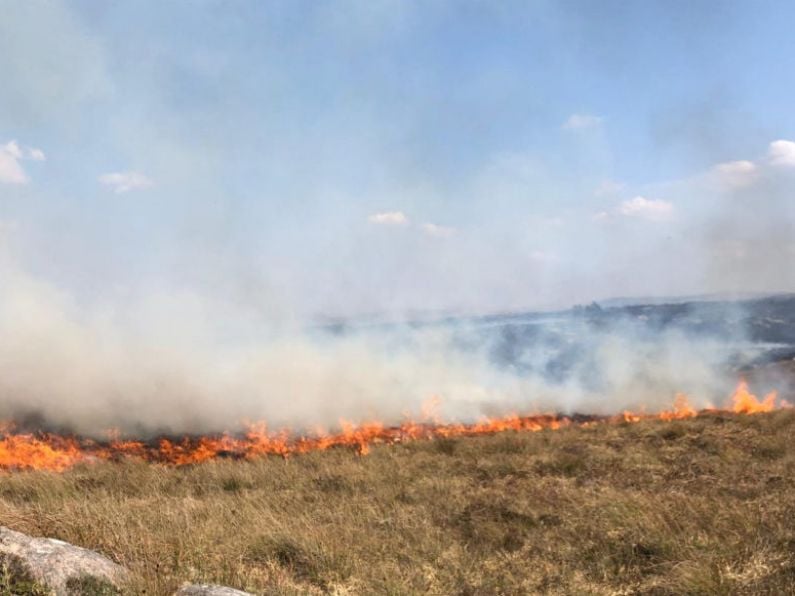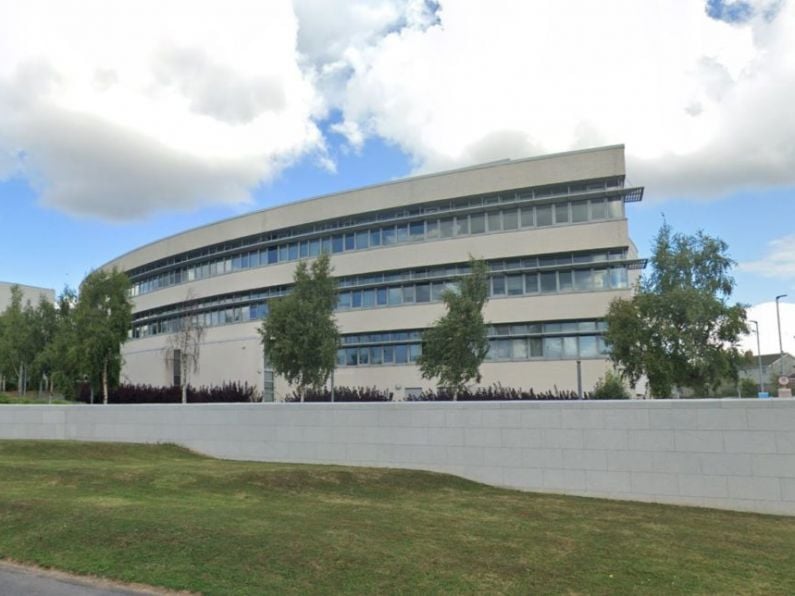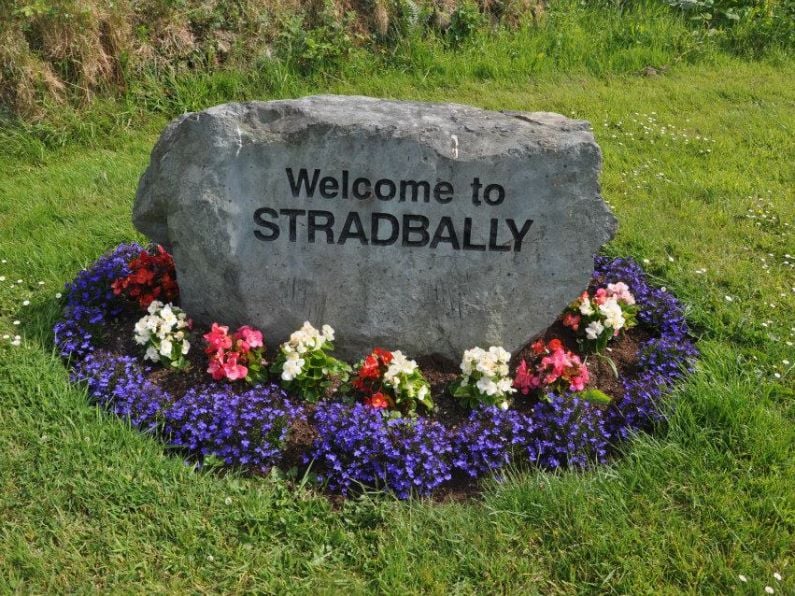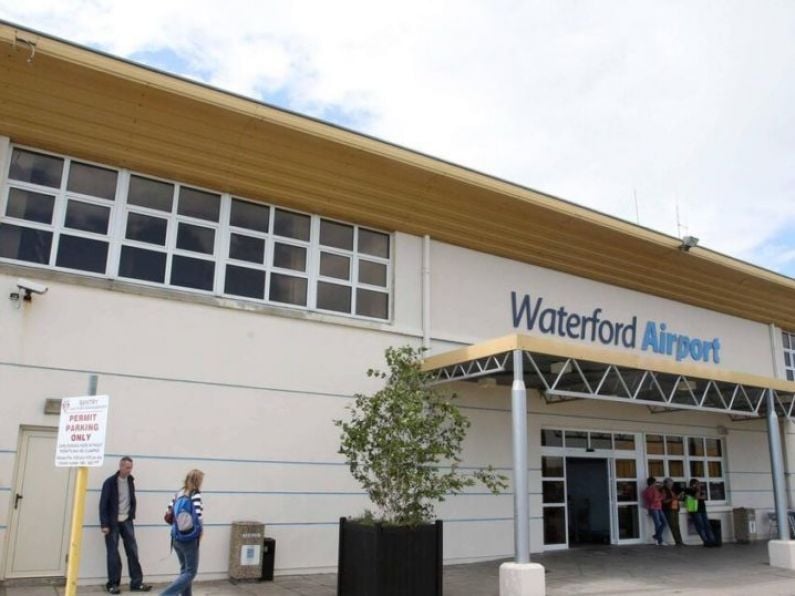A short but intense heatwave soon to hit Ireland could see people suffer heat stress, forests catch fire, roads melt and local power failings.
The country is set to sizzle in daytime temperatures of more than 30 degrees Celsius over a 72-hour period beginning on Sunday, when a status-yellow high temperature warning from Met Éireann takes effect.
Saturday will see top temperatures of 26 degrees in a day of hazy sunshine as heat begins to build over the island - and before it potentially experiences its hottest temperature on record.
While many will view the “exceptionally warm weather” as an opportunity to head to the beach, the heatwave is expected to bring disruption with warnings from forecasters, government and safety agencies.
Met Éireann is warning of the risks of heat stress, along with a high solar UV index and the danger of water-related incidents, as extreme heat can cause exhaustion, heat stroke and aggravate pre-existing health conditions.
The very young, older people, those with underlying medical conditions and the seriously ill are groups who are particularly at risk of health problems when temperatures increase.
Officials are advising that people stay inside during the hottest part of the day, from 11am to 3pm, limit time outside in the sun, and keep hydrated.
Forest fires and melting roads
The Department of Agriculture has issued a status-orange fire danger notice, rating the risk of forest fires as high until July 20th, with the risk expected to peak on Sunday.
“Arising from current weather patterns a high fire risk is deemed to exist in all areas where hazardous fuels such as dead grasses and shrub fuels such as heather and gorse exist,” it said.
“Members of the public intending to visit forests and other recreational sites are reminded to adhere to regulations regarding fire use.
“Forest visitors should not use barbecues or open fires at any stage. Vehicles must not be parked at site entrances or impede emergency service access to forest roads.”
The Road Safety Authority (RSA) is warning that road surface temperatures will rise significantly in the hot weather and could lead to the melting of surfaces.
It is also reminding people of the dangers posed by sun glare, which can result in drivers being temporarily dazzled or blinded by the intensity and brightness of the sun.
Due to climate change, we are expecting to see heatwaves become longer, more frequent and intense than in the past
Localised power cuts are also a risk amid an increased chance that some heat-sensitive systems and equipment may fail.
The coming days will see if Ireland's highest temperature on record — 33.3 degrees at Kilkenny Castle on June 26th, 1887 — is beaten.
Keith Lambkin, head of Met Éireann’s Climate Services Division, said climate change is increasing the chances of record-breaking temperatures.
“Due to climate change, we are expecting to see heatwaves become longer, more frequent and intense than in the past. This increase in heat, increases the odds of temperature records being broken,” he said.












